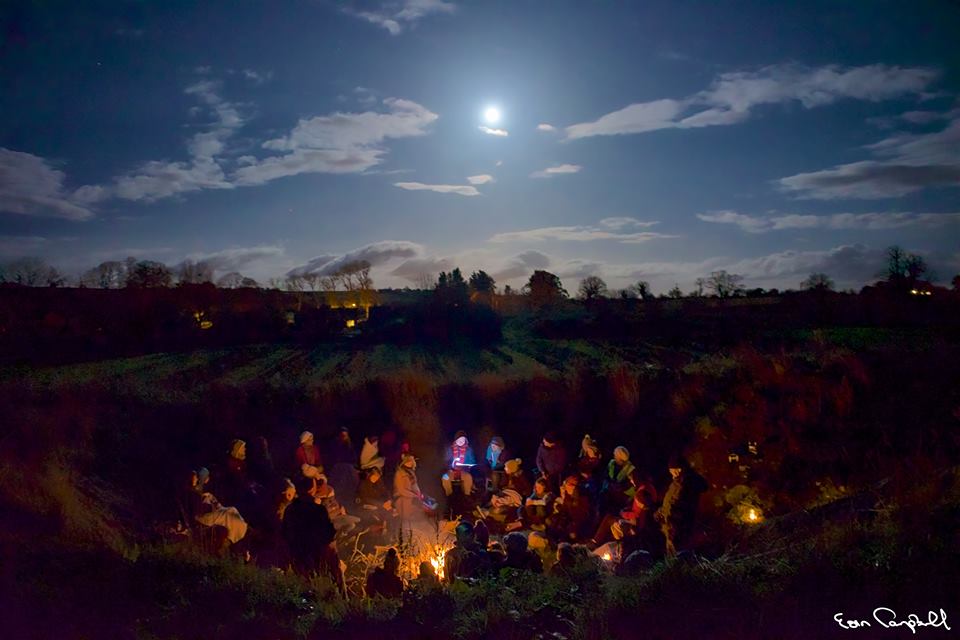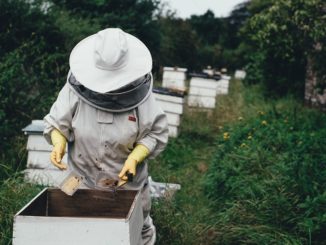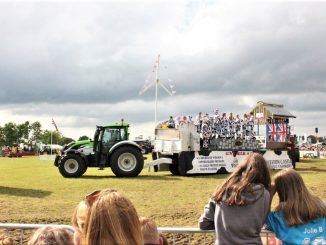
As part of our rural sociology RETHINK Modernisation series, we present an article on prosperity. What does it mean in the rural context? Is it about income, or is there more to it than that?
By María Rivera and Karlheinz Knickel
“Money is not the main thing; the main thing is to do your work well … You cannot get rich with farming, but you can sustain your family” (Farmer, Latvia) (Šūmane et al., 2015).
For many decades, prosperity was most commonly understood as economic wealth. A higher monetary income, a continuously increasing business, and more money on the savings account tended to be equated with “doing well”. What we wanted to know, is whether this still holds true, and, more specifically, what prosperity and well-being means in an agricultural and rural context – and for rural people in very different parts of Europe. Our assumption was that the meaning of prosperity is more complex, and that it encompasses a much more complex and diverse reality.
Our interest was driven by the observation that, so far, agricultural policy, and the entire formal agricultural knowledge and innovation system, tended to be directed towards an ideal of highly commercial, modern, capital-intensive full-time farms. Other types of farms and strategies were treated as obstacles to productive agriculture and prosperity in the agricultural sector. The simple assumption was that commercial, modern, capital-intensive farms are more prosperous, and that the prosperity of these few farms diffuses and also makes rural communities more prosperous.
Official statistics and analyses provided by leading research institutes show that both is not necessarily the case. In reality, we can find regions where a large number of modern, capital-intensive farms are in deep economic trouble putting enormous pressure on farm families. We can also see that the profitability of a few farms does not really increase rural community well-being; one reason is that capital-intensive modern farms have little to do any more with rural businesses in the local economy. And, on top of it all, we can see that the concentration of production on some farms and in some regions, is directly linked with the marginalisation of other farms and regions.
So, what then is agricultural and rural prosperity all about? And how do farm families and rural people perceive the related developments? To start with, we wanted to know what their aspirations are, and what prosperity means to them. For this, stakeholders from seven different case studies across Europe – Germany, Spain, Lithuania, Latvia, Italy, Denmark and Israel – have been asked the same question: “what does prosperity mean to you?”.
We found that the meaning of prosperity and well-being varies and changes with context and cultures, but that there are some common ideas about rural prosperity that seem to apply in different regions:
First, prosperity is not just about money and wealth. Other aspects such as health and family well-being, a minimum level of autonomy and social recognition, all play rather significant roles for farm families. Farmer’s work and the related personal satisfaction play a very important role in their happiness. Environmental care matters for many farmers because it is them who first suffer the consequences of environmental degradation.
Second, a prosperous rural community is characterised by having an intact cultural, economic, political and social life, where people have entrepreneurial opportunities and good access to services such as health and education. The existence of a strong sense of community among the people living in a rural area, and knowledge exchange among farmers, increases their confidence in being able to cope with change, adapt and innovate.
To achieve rural prosperity, businesses should incorporate social values such as integrity, respect for people and solidarity, that allow discovering new ways of working in harmony (work-family), and oriented to achieve a healthy way of living.
For prosperity, we need to be allowed to innovate our own way, promoting “crazy” ideas and getting into lots of different niches (participant quotes)
All in all, it is important to pay more attention to social and environmental well-being in both policy and the formal agricultural knowledge and information system. Appreciating the strengths of traditional practices, and recognising farmers’ and other rural actors’ desire to maintain autonomy, contribute to social well-being, and are therefore part of what defines prosperity for them. Strategic frameworks and policies need to become more accommodating for the real and diverse realities, and the needs and aspirations of rural people. Small farms in particular require strategies build on their intricate knowledge of local resources, and, based on this, their particular farming practices.
See the opening article in the RETHINK Modernisation series, and the dedicated page for this series. See the Journal of Rural Studies special edition here.






1 Trackback / Pingback
Comments are closed.